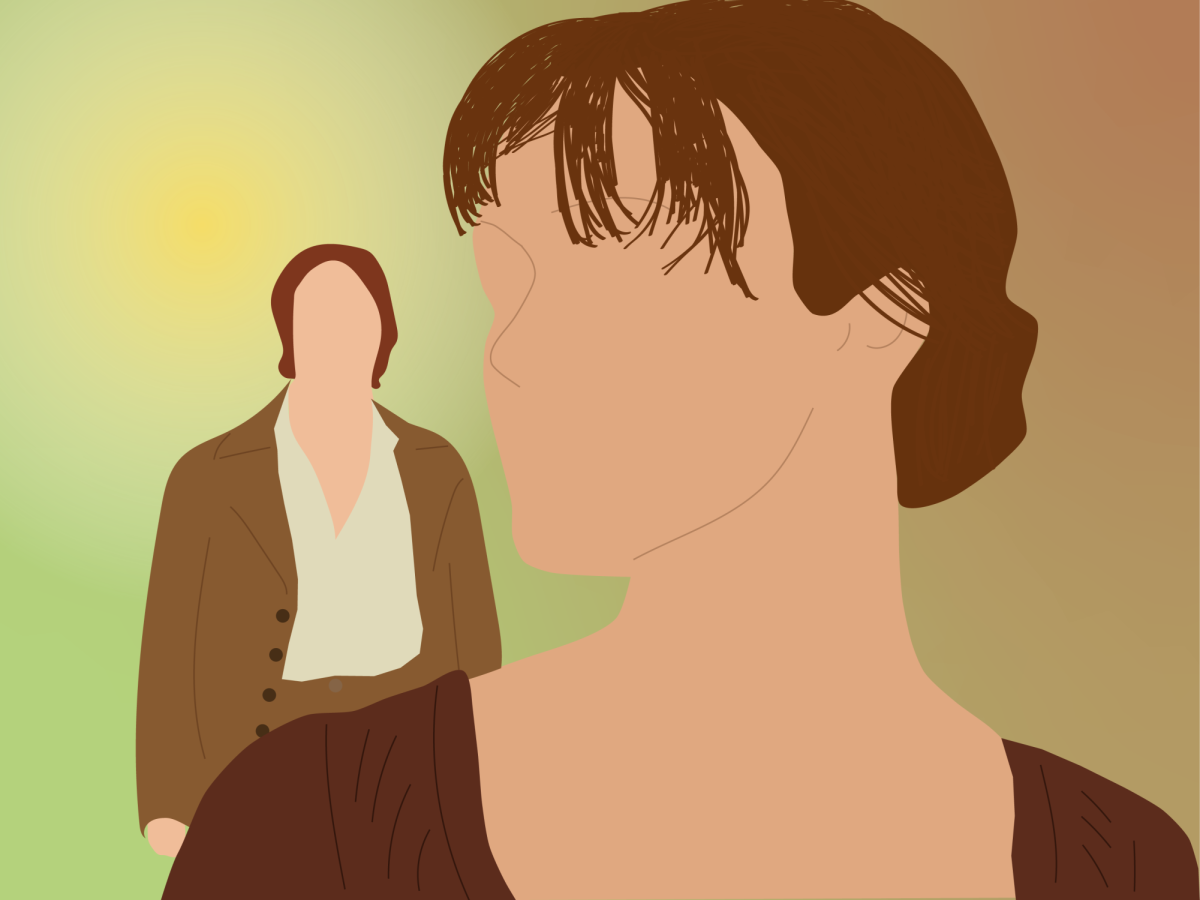This article is part of the “Retro Review” series. Each month, four films — united by a singular theme — are assessed. The theme for April 2024 is “literature adaptations.”
Too good.
“Little Women” is a story beloved across generations. The original story, written by Louisa May Alcott, was published in 1868, and it makes sense why it’s held a special place in so many people’s hearts for over 150 years.
Greta Gerwig’s 2019 adaptation of the story onto the silver screen is by far the most famous “Little Women” film — and for good reason. That film is fantastic, and by no means is this review intending to take any credit or love away from it. But Gillian Armstrong’s “Little Women,” released in 1994, deserves way more love, way more credit and way more viewers than it has. There’s no need to play the comparison game with Gerwig’s film, as both are sensational, but they deserve equal support.
The famous story follows Jo March (Winona Ryder) and her three sisters: Amy (Kirsten Dunst as the younger Amy, Samantha Mathis as the older Amy), Meg (Trini Alvarado) and Beth (Claire Danes), as they traverse through childhood into adulthood in the mid-19th century. All four sisters’ lives go in different directions, as one travels to Europe and becomes a painter, one heads to New York to pursue their dreams of writing, one stays home and starts their own family and one falls ill with scarlet fever. Through it all, the sisters stick together, with other characters like Laurie (Christian Bale), the March’s neighbor and childhood friend, and Friedrich (Gabriel Byrne), a professor, joining them on their journey.
It’s a must to comment that the film is set in Concord, Massachusetts — local films just seem to hit differently. The film starts on Christmas Eve, with the most stereotypical-looking Christmas conditions. With snow falling, sleds sliding, skates gliding and candles flickering, the film immediately feels cozy. If only Massachusetts could get winters like that nowadays … oh well.
Does it feel like a crime watching this in April? A bit. Only part of the film is set during the Christmas season, but watching “Little Women” when it’s cold outside must take it to a whole different level.
The entire film is so crisp. The dialogue flows effortlessly, which helps with character development from the jump. Viewers can see differences in all four sisters almost immediately, which is no small accomplishment in regards to the writing or acting. This may speak more to the original writing from Alcott, but regardless, it leads to well-built characters and an immersive film for the entire runtime.
The script also provides some absolute gems of quotes:
“Isn’t butter divinity?” Amy said to her sisters when getting ready for their Christmas feast.
“I shall miss my little women,” Marmee (Susan Sarandon), the March matriarch, said when departing to see her husband in the hospital. See most viewers’ reaction to this here.
“I should have been a great many things,” Jo said to John McCracken (Scott Bellis).
There are so many more memorable lines, but the script provides great humor, devastating emotion and a whole lot of love.
The whole cast that brought this script to life did a phenomenal job, but Ryder and Bale took the cake as the film’s two best performances. They are both magical as Jo and Theodore “Laurie” Laurence, respectively, and steal the show as two of its leading characters.
There are some stories that are just so strong it seems difficult to get wrong when putting it on the big screen, and “Little Women” falls under that category. This is not to take any credit away from filmmakers like Armstrong and Gerwig (as well as a few more), but more to sing the praises of May Alcott, because this is just one incredible story that seems like it’ll never get old. And thank goodness for that.




















